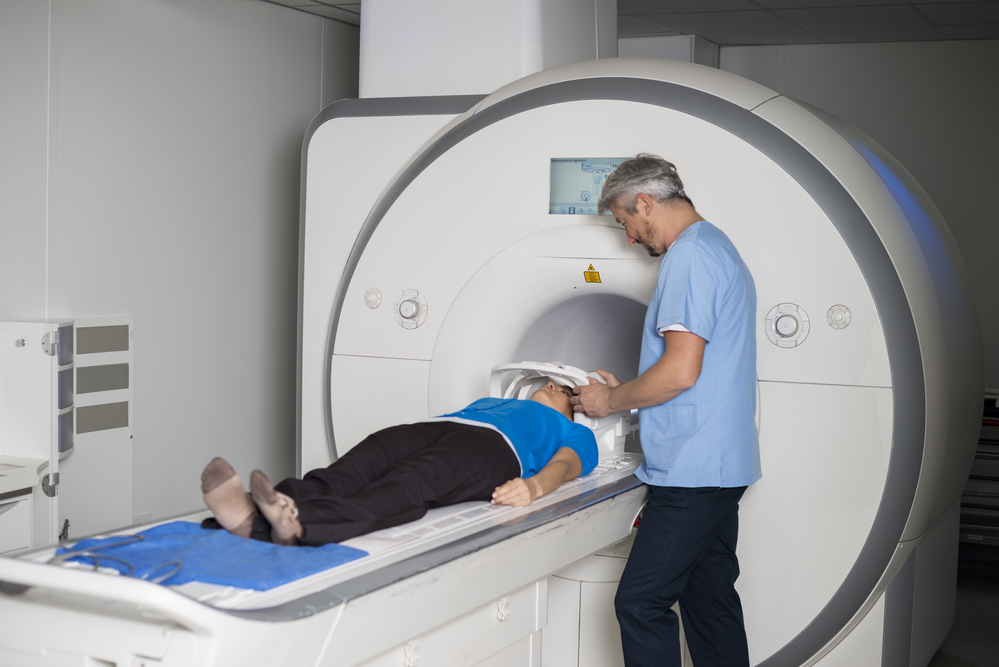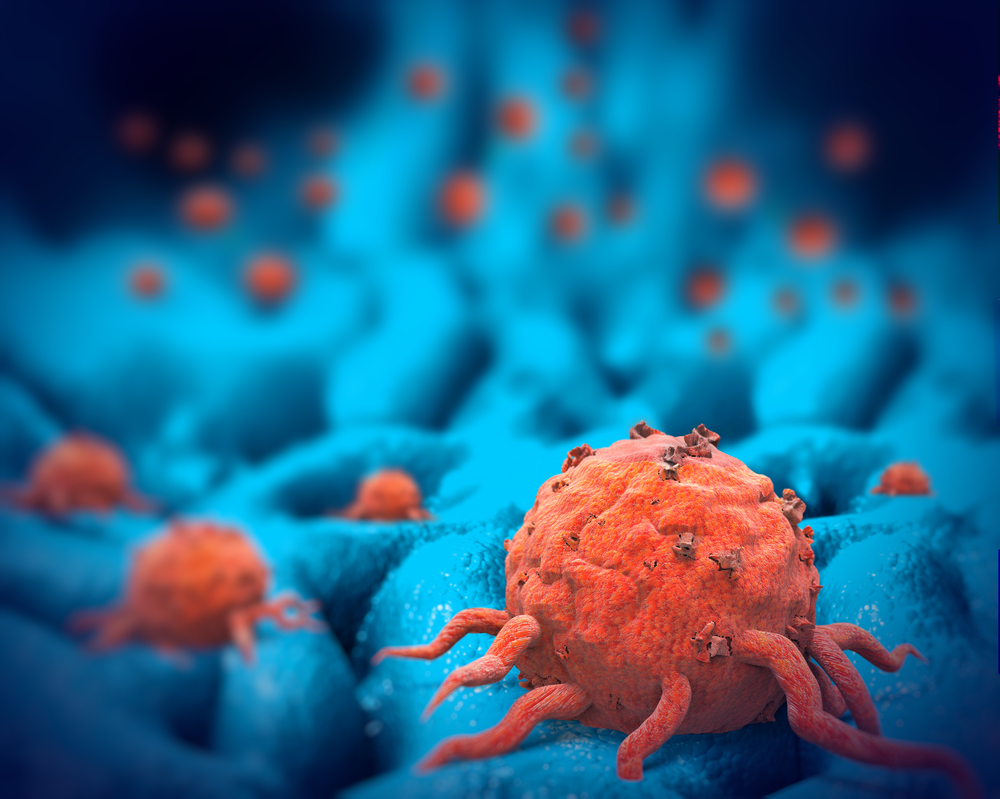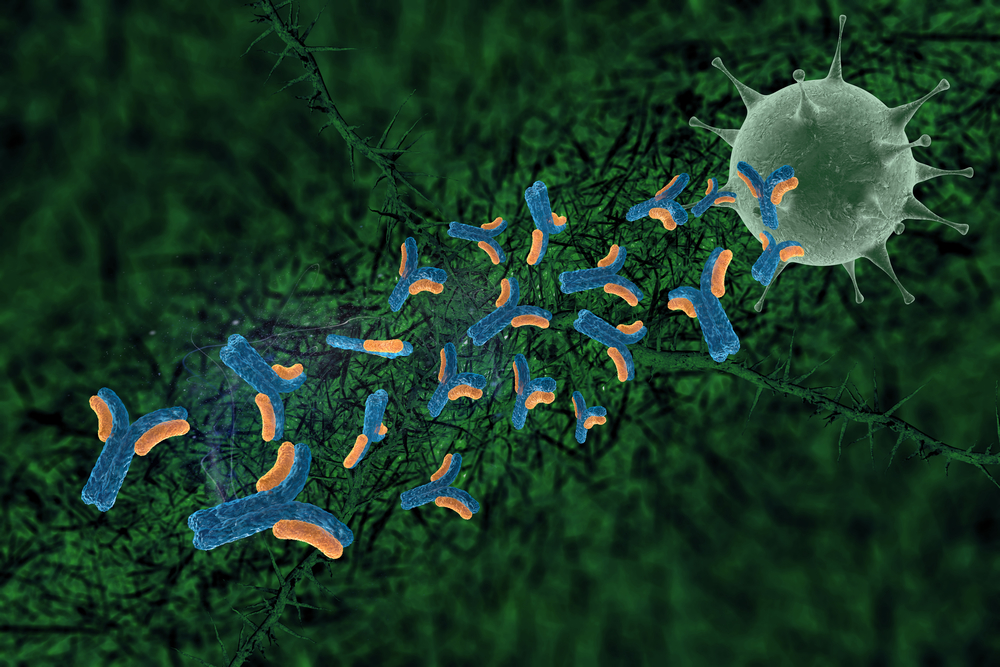Can benign thyroid nodules become malignant?
 Thyroid nodules are solid or fluid-filled lumps that form within the thyroid at the base of the neck. Thyroid nodules are common, and an increasing number of people have been diagnosed with thyroid nodules in recent years.
Thyroid nodules are solid or fluid-filled lumps that form within the thyroid at the base of the neck. Thyroid nodules are common, and an increasing number of people have been diagnosed with thyroid nodules in recent years.
Most thyroid nodules are benign and won’t cause any harm symptoms, and an estimated one-third of the population has thyroid nodules if all receive thyroid nodule screenings. Fortunately, about 90 percent or as high as 95 percent of thyroid nodules are benign, and even though evolving into malignant ones, they have a high cure rate.
People diagnosed with thyroid nodules will not need to receive any treatment if thyroid nodules are clinically confirmed “benign”. However, if benign thyroid nodules exceed 4 cm in diameter, they will press the larynx, trachea, esophagus, and even nerves, causing swallowing and breathing difficulties.
When thyroid nodules become malignant and evolve into thyroid tumors, patients may need to have surgical treatment. If the thyroid tumor is small and confined in the gland without lymph node metastasis, and people are still in good health status, monitoring will be given until thyroid tumors go bad and need surgery.
Surgical resection, iodine therapy, and drug therapy is a standard regimen for thyroid cancer. Patients will be first given surgery. In some cases, radiotherapy, targeted therapy, or immunotherapy will be given for patients at the advanced stage of local thyroid tumors or with poorly differentiated malignant tumors.
Generally, after the initial thyroid cancer surgery, patients’ recurrence risk will be comprehensively predicted, based on their pathologies, tumor invasion, ages, gender, and lymph node metastasis.
A proportion of patients with medium-risk recurrence and patients with high-risk recurrence will further need iodine therapy and drug replacement therapy after surgery.
To put it simply, people shall not worry much about thyroid nodules, and when unfortunately thyroid nodules become malignant, standard surgery is important to help recovery.


